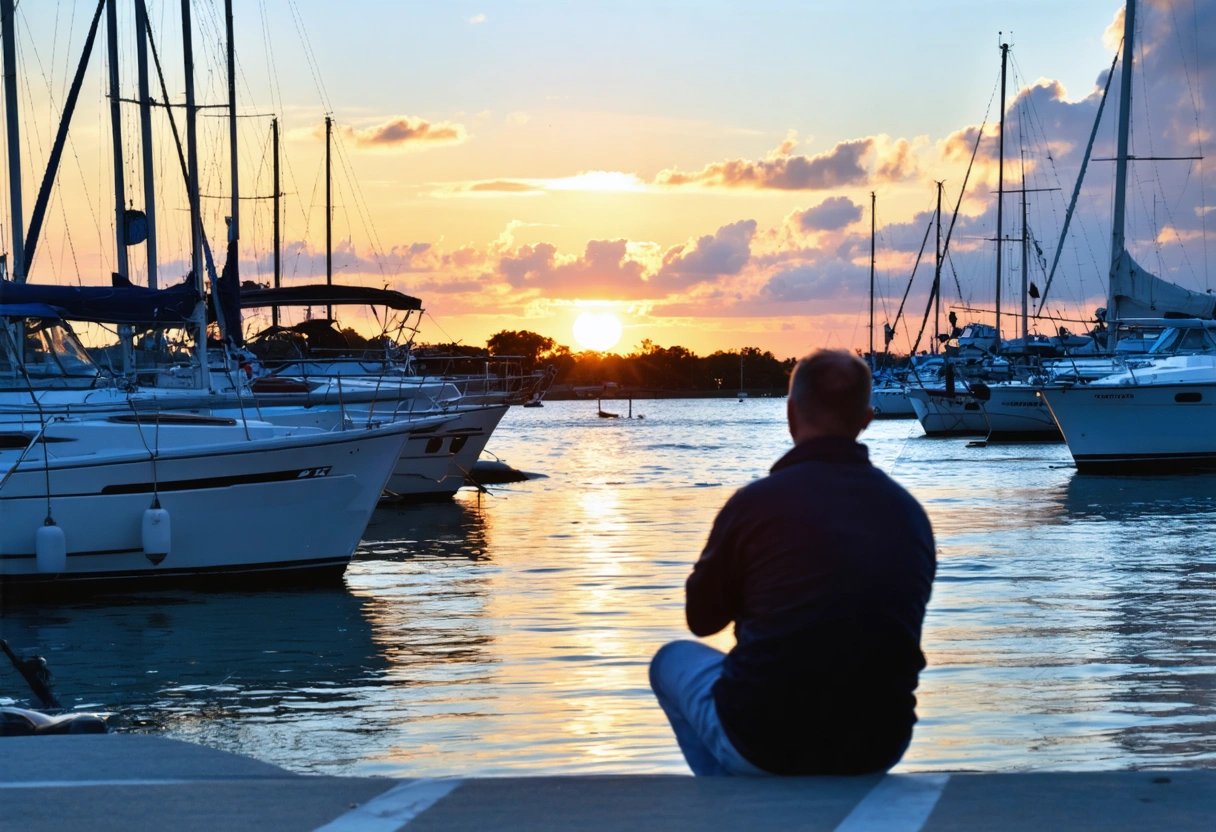Understanding Your Rights: A Comprehensive Guide to Florida’s Boat Accident Laws
Florida’s vast coastline, lakes, and rivers make it a premier destination for boating enthusiasts. With its year-round sunshine and diverse waterways, it’s no surprise that Florida consistently ranks as one of the states with the highest number of registered boats. However, this popularity also means a higher risk of boat accidents, which can lead to complex legal challenges for victims and boat operators alike. Understanding your rights following a boat accident in Florida is crucial to protecting your interests, ensuring proper compensation, and promoting safe boating practices.
This comprehensive guide explores Florida’s boat accident laws, diving deep into the specific statutes, legal responsibilities, and steps to take if you find yourself involved in a boating accident. Whether you’re a boat owner, passenger, or someone who enjoys spending time on the water, this guide will provide you with the knowledge you need to navigate the aftermath of a boat accident with confidence.
The Prevalence of Boating Accidents in Florida
According to the Florida Fish and Wildlife Conservation Commission’s Boating Accident Statistical Report, Florida consistently leads the nation in both boating accidents and fatalities. In 2022 alone, there were over 700 reported boating accidents within the state. These incidents range from minor collisions to catastrophic events involving serious injuries and deaths.
The most common causes of boating accidents include operator inattention, excessive speed, machinery failure, alcohol use, and operator inexperience. With such high risk factors, understanding the legal framework surrounding boating accidents is not just advisable but essential for anyone who spends time on Florida’s waters.
Florida’s Boat Accident Laws: Statutes and Regulations
Boat accidents in Florida fall under a combination of state and federal regulations. The primary state statutes governing boat accidents can be found in Florida Statute 327.30, which outlines the duties of operators involved in boating accidents, reporting requirements, and potential penalties for failing to comply.
Additionally, the U.S. Coast Guard has jurisdiction over certain navigable waters and mandates reporting for incidents involving significant property damage, injury, or loss of life. Understanding which laws apply in your specific situation is vital, as jurisdiction can affect how your case is handled, the reporting process, and your legal options.
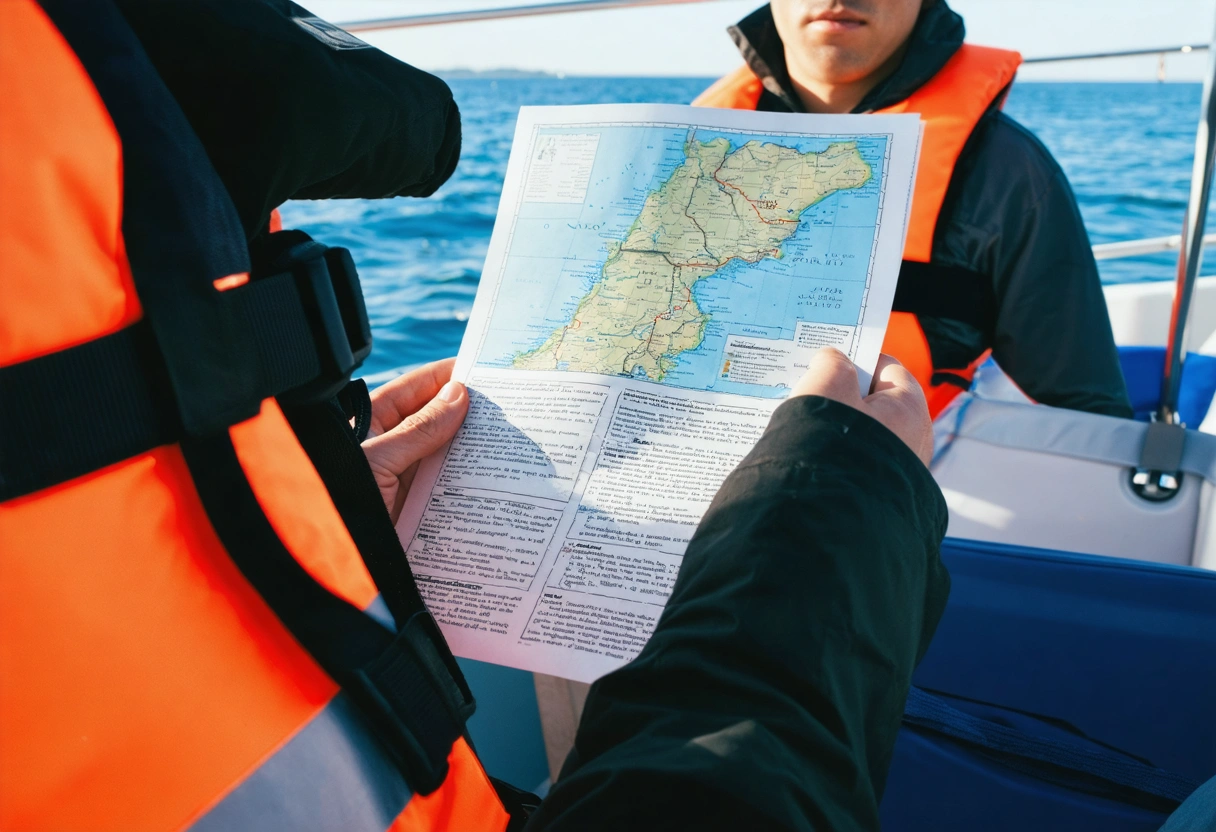
Key Legal Definitions
Before delving deeper, it’s important to clarify some key legal terms:
- Vessel: Any watercraft, including boats, jet skis, and sailboats, used or capable of being used as a means of transportation on water.
- Operator: The person who is in charge of navigating and controlling the vessel at the time of the accident.
- Passenger: Any individual on board who is not operating the vessel.
What to Do Immediately After a Boat Accident
The moments following a boat accident can be chaotic and stressful. Florida law requires all vessel operators involved in an accident to take specific actions. Immediate response is crucial for ensuring safety and complying with legal requirements.
First and foremost, you must stop your vessel at the scene and render aid to anyone injured or in danger, as long as you can do so without risking your own safety. Failure to stop and provide assistance may result in severe criminal penalties, including felony charges in cases involving serious injuries or fatalities. Once safety is addressed, you are required to exchange information with the other parties involved, including your name, address, and vessel identification number.
Reporting Requirements
Florida law mandates that boat operators report the accident to the proper authorities if the incident results in:
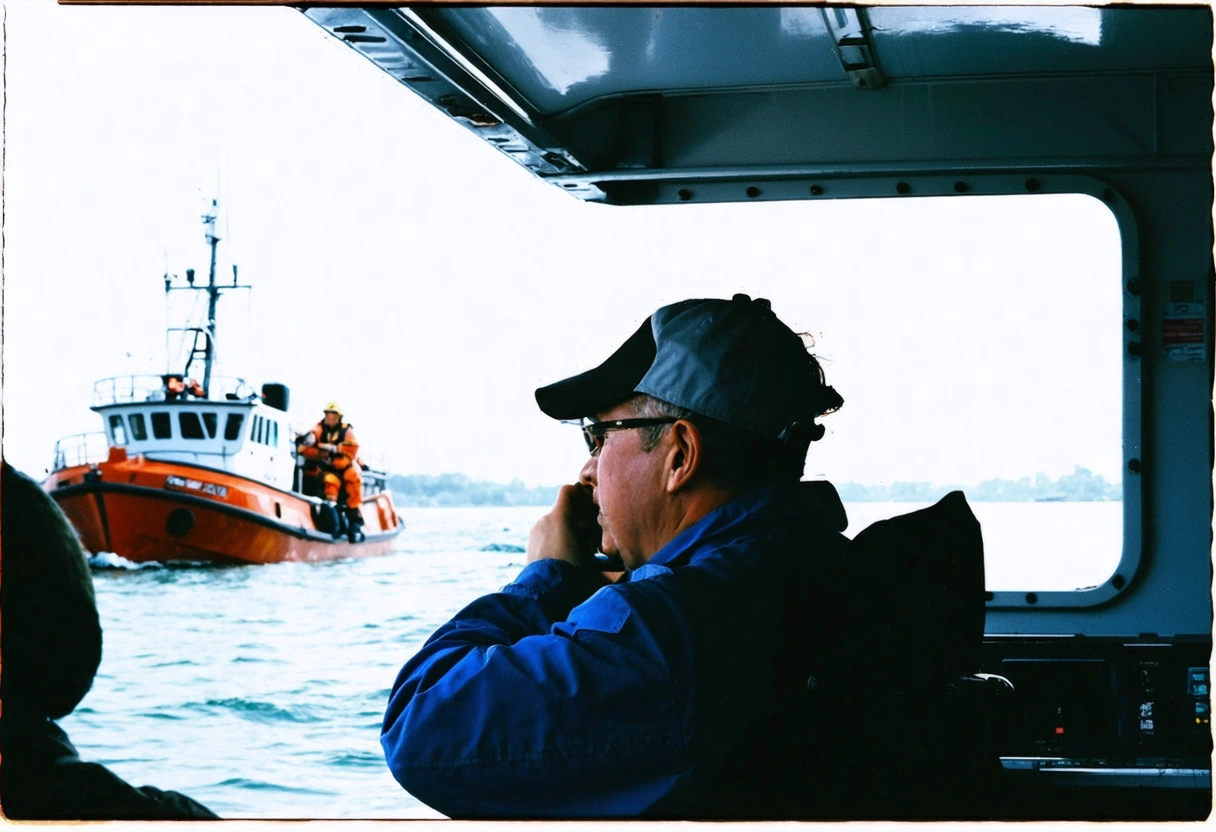
- Death or disappearance of a person
- Injury requiring medical attention beyond basic first aid
- Property damage exceeding $2,000
You must notify the Florida Fish and Wildlife Conservation Commission, the county sheriff, or the nearest police department as soon as possible. Timely reporting preserves your legal standing and helps authorities conduct a thorough investigation.
Determining Liability in Florida Boat Accidents
Liability in boat accidents is determined by establishing negligence, similar to auto accident cases. Negligence occurs when a boat operator fails to act with reasonable care, resulting in harm to others. Proving negligence involves demonstrating four elements: duty of care, breach of duty, causation, and damages.
For example, if a boat operator is speeding in a no-wake zone and collides with another vessel, causing injuries, the operator may be found negligent for breaching their duty to follow boating regulations. Similarly, if a boat owner allows an inexperienced or intoxicated person to operate their vessel, they could be held liable for any resulting accidents.
Comparative Negligence
Florida follows a “pure comparative negligence” rule. This means that if you are partially at fault for the accident, your compensation may be reduced in proportion to your degree of fault. For instance, if you were 30 percent responsible for the accident, your recovery would be reduced by 30 percent. This rule can significantly impact your claim, making it important to accurately document the circumstances of the accident and consult with a legal professional.
Common Types of Boat Accident Claims
Boat accidents can result in a wide range of claims, depending on the circumstances and the parties involved. The most common types include:
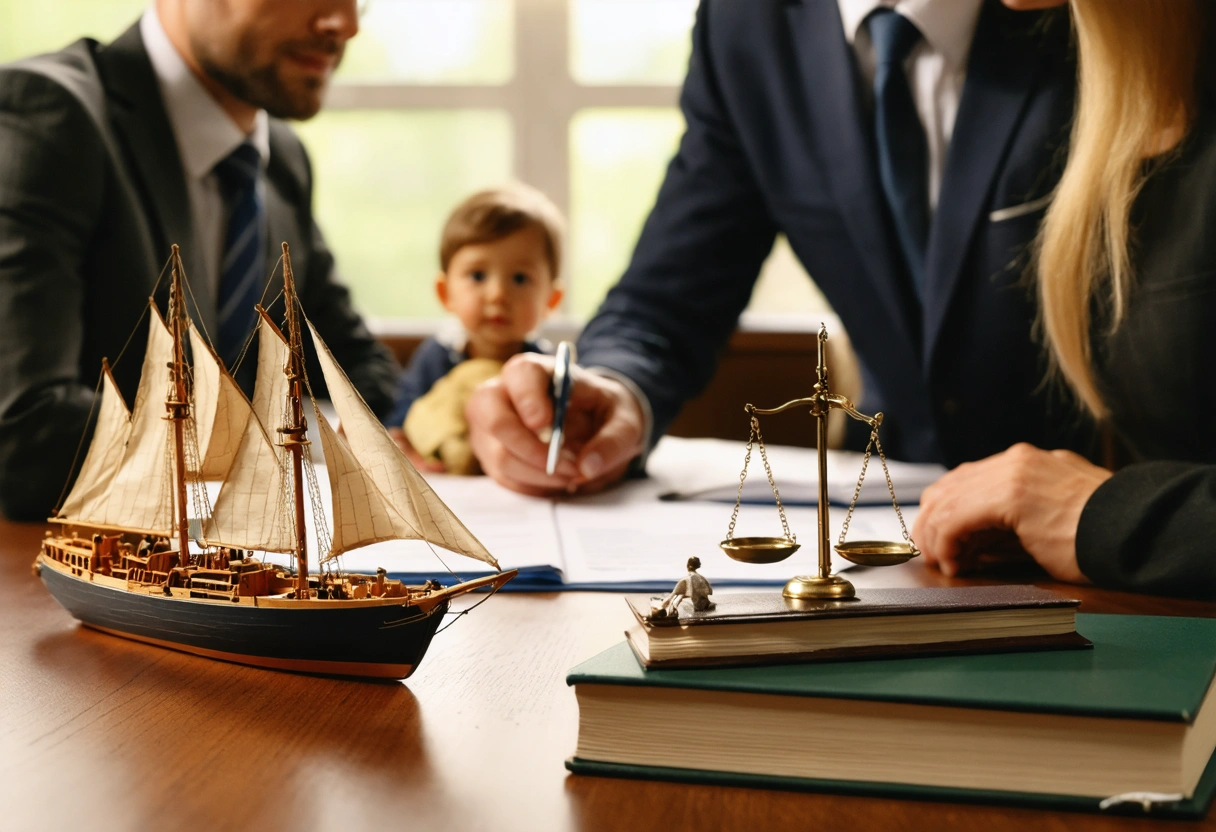
- Personal Injury Claims: If a passenger, swimmer, or another boat operator is injured due to someone else’s negligence, they may file a personal injury claim seeking compensation for medical expenses, lost wages, pain and suffering, and other damages.
- Wrongful Death Claims: If a boat accident results in a fatality, the victim’s family may pursue a wrongful death lawsuit against the responsible party.
- Property Damage Claims: These claims address damage to vessels, docks, or other property caused by the accident.
- Product Liability Claims: If a defect in the boat or its equipment contributed to the accident, injured parties may have a claim against the manufacturer or distributor.
Boating Under the Influence (BUI)
Operating a vessel under the influence of alcohol or drugs is a serious offense in Florida. The legal limit for blood alcohol concentration (BAC) is 0.08 percent, mirroring the state’s DUI laws for motor vehicles. Penalties for BUI can include hefty fines, jail time, and the suspension of boating privileges. Moreover, evidence of BUI can increase the likelihood of civil liability if intoxication contributed to the accident.
For more details on BUI laws, visit the Florida Fish and Wildlife Conservation Commission’s page on Boating Under the Influence.
Insurance Considerations and Compensation
Unlike automobile insurance, Florida does not require boat owners to carry liability insurance, although it is strongly recommended. Insurance can protect you from significant out-of-pocket expenses if you are found liable for damages or injuries in a boat accident. Most policies cover bodily injury, property damage, and medical payments, but coverage limits and exclusions vary widely.
If you were injured in a boat accident caused by someone else’s negligence, you may be entitled to compensation for:
- Medical expenses and rehabilitation costs
- Lost wages and future earning capacity
- Pain and suffering
- Property damage
- Loss of enjoyment of life
It is essential to review your policy and consult with your insurance provider to understand your coverage. For a detailed breakdown of boating insurance options, the BoatUS guide to boat insurance basics offers valuable insights.
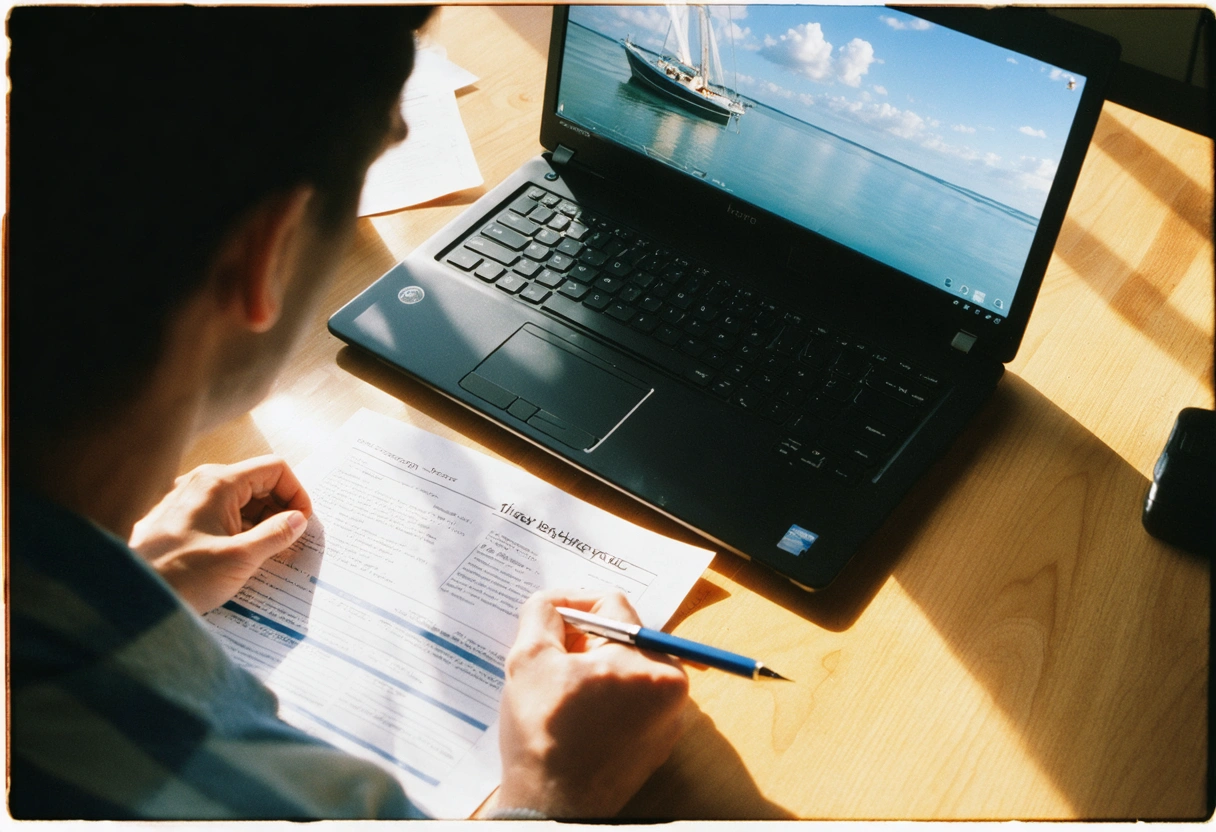
Uninsured Boater Scenarios
If the at-fault party does not have insurance, you may still pursue compensation through your own uninsured/underinsured boater coverage, if available, or through a personal injury lawsuit. It is crucial to act swiftly in such cases to protect your rights and preserve evidence.
Statute of Limitations for Boat Accident Claims in Florida
Time is of the essence when pursuing legal action after a boat accident. Florida imposes strict deadlines, known as statutes of limitations, for filing claims related to boating accidents. Generally, you have four years from the date of the accident to file a personal injury lawsuit, and two years for wrongful death claims. Missing these deadlines can result in the loss of your right to seek compensation.
Certain factors may alter these timeframes. For example, claims against government entities may have shorter notice periods and additional procedural requirements. Consulting with an experienced attorney can help ensure compliance with all applicable deadlines and procedural rules.
Steps to Take to Protect Your Rights
If you are involved in a boat accident, taking the right steps immediately afterward can protect your legal rights and improve your chances of a successful claim. Here are some important recommendations:
- Ensure Safety: Prioritize the safety of all individuals involved. Move to a safe location if possible.
- Seek Medical Attention: Even if injuries are not immediately apparent, seek medical evaluation to document any harm.
- Document the Scene: Take photographs of the vessels, injuries, weather conditions, and any relevant details.
- Gather Information: Obtain contact and insurance details from all involved parties and witnesses.
- File a Report: Report the accident to the appropriate authorities as required by law.
- Contact Your Insurance Provider: Notify your insurer promptly to initiate the claims process.
- Consult an Attorney: Especially if serious injuries or significant property damage occurred, speak with a boating accident attorney to understand your rights and options.
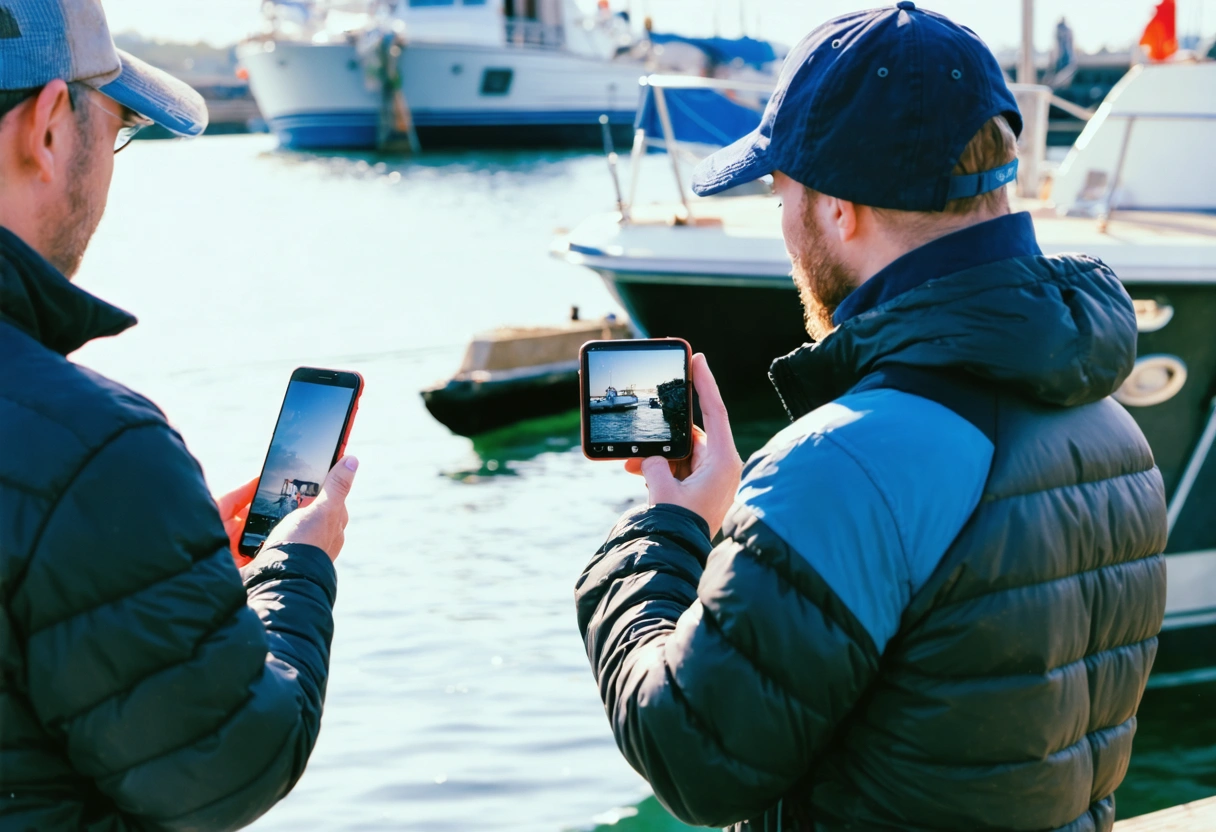
For a more detailed checklist, the U.S. Coast Guard’s accident reporting page provides an excellent resource.
Preventing Boat Accidents: Safety Tips and Best Practices
Prevention is always better than dealing with the aftermath of a boat accident. Adhering to boating safety guidelines can significantly reduce the risk of accidents and legal complications. Key safety practices include:
- Taking a certified boating safety course
- Wearing life jackets at all times
- Monitoring weather conditions before heading out
- Avoiding alcohol and drugs while operating a vessel
- Conducting regular maintenance on your boat
- Understanding and following navigation rules
The National Park Service’s boating safety article offers further guidance on how to stay safe while enjoying Florida’s waters.
Navigating the Legal Waters After a Florida Boat Accident
Boating accidents in Florida present unique legal challenges, combining elements of personal injury law, property damage claims, and complex maritime regulations. Understanding your rights under Florida’s boat accident laws is crucial for ensuring your safety on the water and protecting your interests if an accident occurs.
If you are involved in a boat accident, taking prompt action, understanding your legal obligations, and seeking professional guidance can make all the difference. By staying informed, practicing safe boating, and knowing your rights, you can confidently navigate Florida’s beautiful waterways while minimizing legal risks.
For ongoing updates and additional resources, consult official sources such as the Florida Fish and Wildlife Conservation Commission’s Boating Program. Safe boating starts with knowledge and responsibility.

